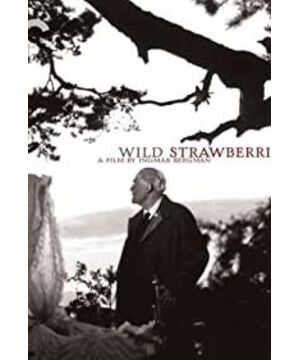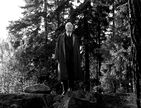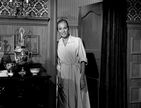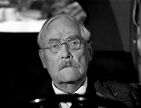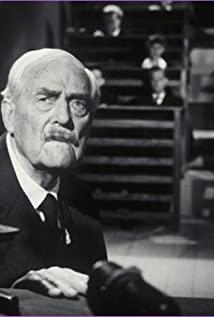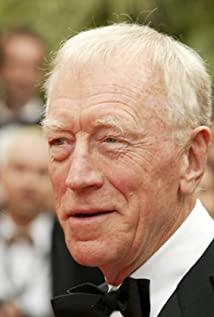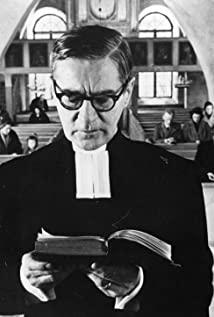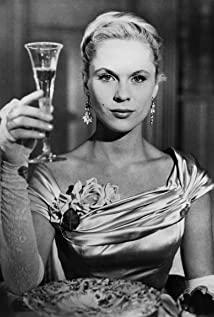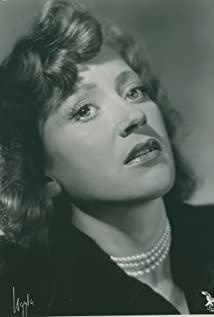In the dead of night, I want to peek into my heart and write something heavy.
What brought me greater reflection is that, as our film language is becoming more colorful and technical means are becoming more and more developed, movies have become more and more ways for us to create dreams and then paralyze ourselves. She has rarely described the problems we face directly, trying to use light and shadow as a means to explore them and give a reasonable answer. I wonder if we face this trend, whether we are happy or worried. Is it the pain that numbs our soul like an opium tincture, or tortures the true nature of our soul like a whip? This is the paradox of the movie.
In the face of life, in the final analysis, it is the face of death. I think that in the course of a person's philosophical life, the ages when we think about death and other original philosophical issues are childhood and old age. One is the unintelligible confusion and innocence, the intuition of life, the other is the exploration and hope of the return of the unknown, the repentance of the life that one has experienced in fear, maybe it is the self-justification of salvation in order to find a reasonable reason. And it is precisely in this way that with the same piety mentality to look at the two periods of death, you will eventually find a point of self-release on the path of retrogression. This point connects the cycle of life, and let us see when we are perplexed. To the light of life and the quiet of death. In old age and childhood, we salute and shake hands with each other, we have completed this big circle of life.
This film is a typical author's film and philosophical film. The life controlled by loneliness and aging is at a loss in the inertia of self-control, and the medal of honor at the end of life cannot conceal self-doubt. I find self-cracks in childhood memories. Those unrecognized joys and pains are far away. Reminisce of Zhongyi's rebirth.
Times are long after all, and there are many details that my little girl can't grasp. But I see many metaphors in my heart: what is symbolized by the watch without pointers, the young people's disputes about whether there is a God, the cold judgment, the basket of charming wild strawberries. I don’t know why, every time I describe a dream scene, I have a touch of anxiety and fear, hoping that the film will return to reality soon. After all, in reality, we can still eat, drive on the road, and deal with all kinds of contradictions. In the process of communicating with various people, we conceal our powerlessness and despair, and have the ability to create an illusion of me. Dreams are always worse than reality, because we must be sincere when facing it, and any self-pretending and self-protection are meaningless. This film also tells us that in the most desperate thinking we are often the most helpless, you can’t find anyone to share your dreams, forever, alone. Loneliness is our final judgment.
When our body is so exhausted, can it return?
Fortunately, at the end of the film, we saw the cold illusion of life enveloping a warm core, radiating heat, leading us to our way home.
View more about Wild Strawberries reviews


